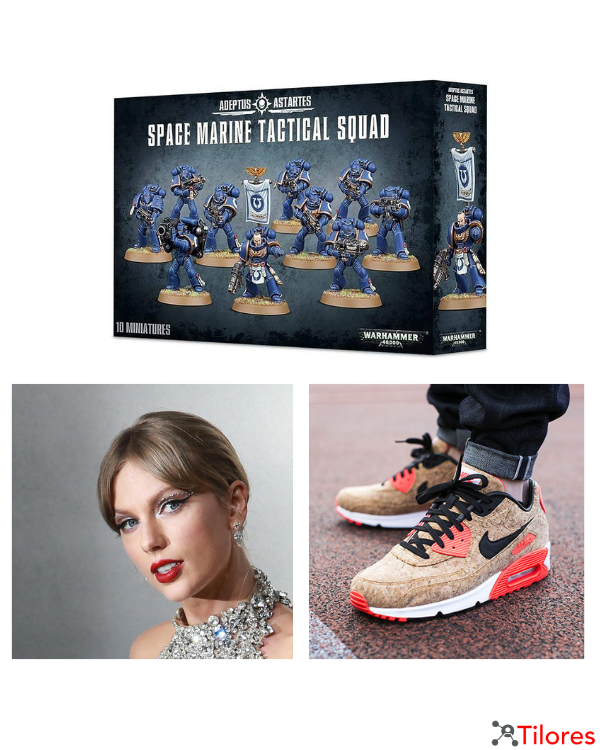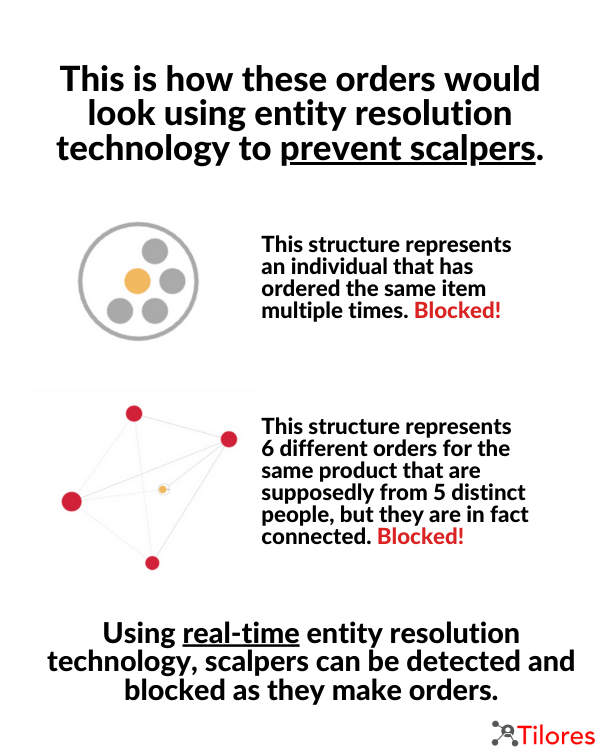What do Games Workshop, Taylor Swift and Nike have in common?
They all suffer from the scourge of “scalpers” - people who buy up limited edition products that are expected to sell out and then resell them at a massive mark-up.

It’s mostly known from the concert ticket space, where popular artists find that 20-30% of their tickets end up for sale on secondary marketplaces like Stubhub.
Earlier this year, the fantasy wargaming company, Games Workshop, released a hotly anticipated book, including a limited edition leather-bound version signed by the author. Only 2500 of the leather-bound edition were released, with GW committing to only allowing one order per person.
Predictably, many people made multiple orders, and they immediately appeared on Ebay selling for multiples of the retail price. Gits.

Refreshingly, rather than let the scalpers make their gains, Games Workshop cancelled multiple orders to each person and yesterday offered the cancelled order books for sale again. Nice one GW!
Nike has exactly the same issue with their limited edition sneakers, and has added terms to its US online sales that prohibit resellers from purchasing their products and reselling them on marketplaces using automated technologies.
Real-time identity resolution technology could be the solution to these retailers’ problems (if they want to solve them).
Creating matching rules, where the product itself is one of the matching rules, would allow retailers to identify both individuals that buy the same product quickly in a short time-frame, as well as people that create extra customer accounts to try and pretend to be unique purchasers.
Detecting these order relationships in real-time would mean that the orders could be blocked before they are fulfilled, preventing them from appearing on secondary marketplaces.
This, combined with bot detection technology, could make a real dent in scalpers activities!


